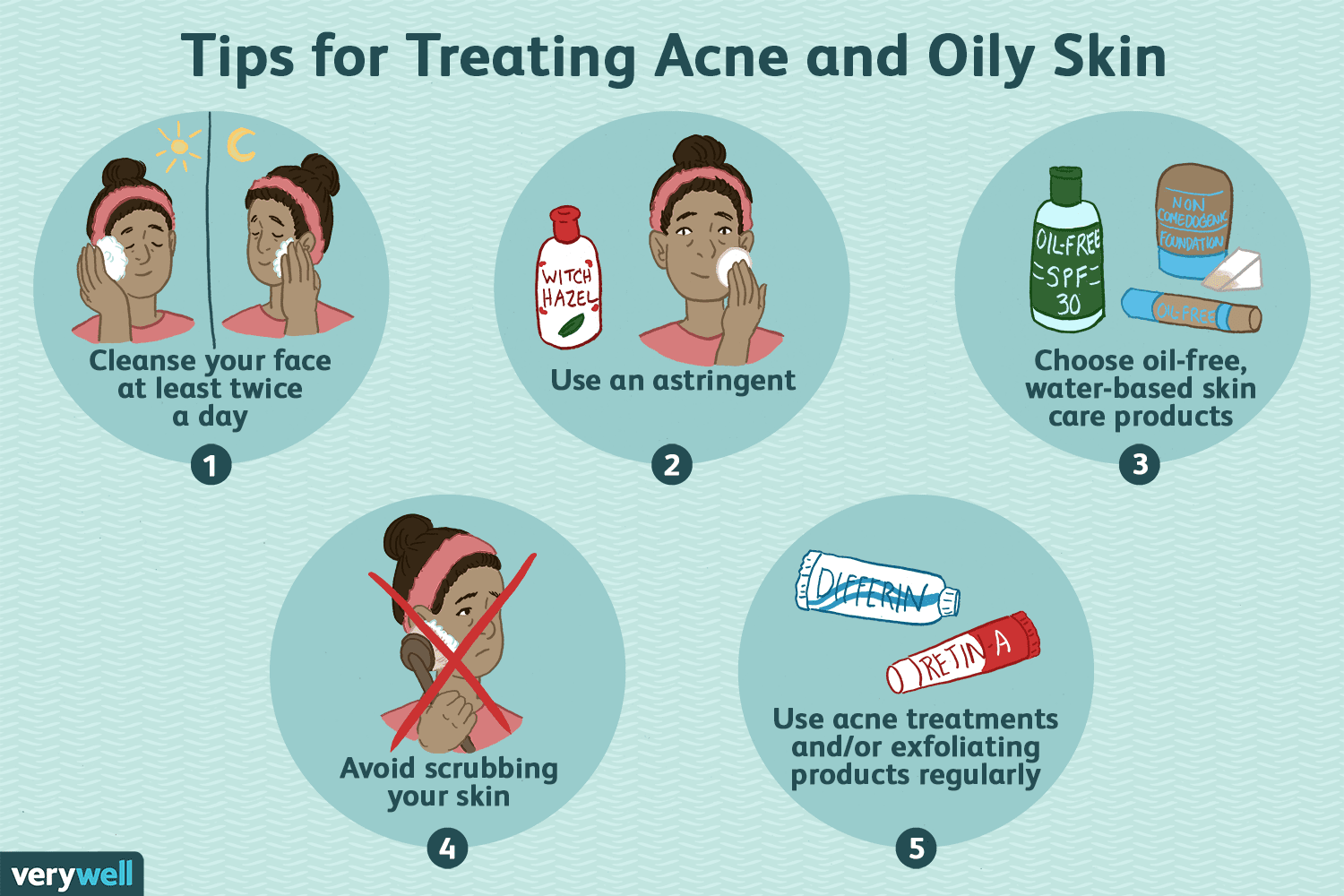.jpg)

Jul 4,2023
1. Avoid using products with harsh chemicals that can aggravate cystic acne. Instead, look for products free of parabens, sulfates, and artificial fragrances and go for doing a Gua Facial Massage.
2. Follow a routine of cleanliness and good hygiene practices, both before and after treatment: Wipe your face and neck area clean with a soft cloth or water after you relieve yourself; apply sunscreen if you are going outside; avoid contact with oils, Lotions & other cosmetics which can cause breakouts; wash your hands regularly (minimum 2 times per day)
3. Hairspray or pluck your hair away from the face to avoid it irritating and clogging pores, in addition when you need a quick fix apply moisturizer on clean skin without touching any open wounds. Use the right soaps and shampoos that don't have harsh definitions like medicine.
4. Avoid scratching and picking at acne lesions as this can lead to scarring - try calamine lotion every now and then for soothing problems! Wear T-shirts instead of sleeveless tops, if possible, to cover the problem areas and avoid rubbing against clothing. Use sunscreen every day to help prevent sun damage, wrinkles, or premature aging of the skin.
5. Vitamin C and some antioxidants found in carrots, strawberries, etc can help to fight acne but you will need bigger doses if your diet is depleted of these.
6. Drink enough water; it dilutes excess oils from skin glands which helps prevent clogged pores. Not being hydrated enough may lead to dehydration so drink two 100oz daily (approx.). Applesauce contains excellent amounts of vitamin C; however, it may also contain a lot of sugar and carbohydrates that can cause acne flare-ups.
7. Exfoliation will help clear away dead skin which helps to prevent pimple breakouts Steads/gels If you are finding your Acne is not cleared up despite the above treatments, try using a mild exfoliant or cleanser (nothing with harsh chemicals). Apply product all over the face in an upward direction from the temples to the chin. Leave it on for a few minutes and rinse off with warm water. You can also do this instead of makeup at night, especially if you wear most of your face makeup already so that the skin stays clean while sleeping.
8. Avoid sun exposure as it causes skin cells to produce more sebum, which is a natural oil that can clog pores and worsen acne. Wear sunscreen every day when outside if you have particularly sensitive skin.
9. Consult your doctor for additional treatment if needed. If you have Rosacea or are prone to rare skin diseases such as Demodex folliculitis, your doctor may inject cortisone into a deep layer of the dermis. Your naturopath/doctor will be able to recommend a suitable topical medication if no topical retinoids are an option for you. If you are pregnant, consultations can also be arranged with a local plastic surgeon who is able to correct deep scars and stretch marks. You may want to consider this procedure if your acne does not improve after four months of herbal therapies or homemade topical treatments.
10. Avoid using harsh scrubs or cleansers on your skin as these can further irritate and inflame acne lesions. To cleanse, use a mild, pH-balanced soap, which won't strip the skin of its natural oils. Do not use any soaps with sulfates, these harsh chemicals can cause further skin problems and make breakouts worse. Limit your exposure to the sun by donning a good quality sunscreen for photic burns is already included in most hair care products.
11. Avoid using acne antiseptics/medications on your face as they may be harsh and can lead to further skin damage. A milder alternative is tea tree oil which has antimicrobial properties that helps in reducing bacterial count. Highly diluted (1-2 drops) will act as a cleanser for the skin and help prevent acne breakouts from returning.